Self-Care
What do you wish for all people you have helped move out of the institution to live in their communities?
“I hope they live long lives and have their own place. I hope they make money. I hope they learn every day. I hope they meet new people, celebrate their birthdays, write letters, clean up, go to friends’ houses and drink coffee. I hope they have a good breakfast every day, call people on the phone, feel safe.”
– Lois Curtis, Disability Advocate
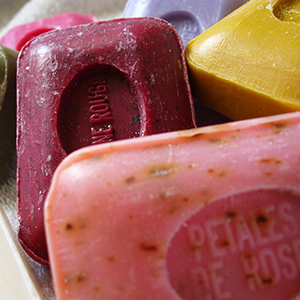
Keeping Your Body Clean
- Put simply, hygiene means to be clean
- It can help you to live a healthy lifestyle by preventing people from catching or spreading illness
- Maintaining a high level of personal hygiene can help increase a person’s confidence and self-esteem
- If your body is clean and taken care of on the outside, it could help you to feel good on the inside
- Hygiene can be a very personal topic
- If you notice something new or different with your body that you are worried about, talk with a medical provider or someone you trust
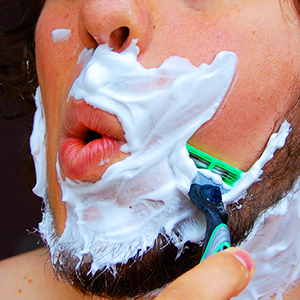
Body Hygiene
- There are hygiene needs that everyone has, and there are hygiene needs that could be specific to your disability
- This section is intended to talk about the needs everyone has; we encourage you to learn more about your disability-specific needs
- These are personal topics and if you would like more information on any of these topics, please discuss it individually with your facilitator
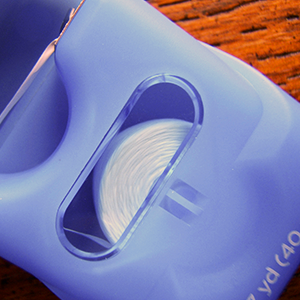
Dental Hygiene
- Dental hygiene means keeping the mouth, teeth, and gums clean and healthy
- Having good dental hygiene helps prevent disease and keeps our whole bodies healthy
- Dental hygiene includes brushing your teeth, flossing your teeth, and using mouthwash
Resources
Body Care:
Article: How to Cut Your Toe Nails
Video: How to Use a Button Hook
Video: How to Use a Bath Tub Transfer Bench
Video: Dressing Your Body with One Hand
Dental:
Website: ADA Finding a Dentist Tool
Website: ADA Dental Care Concerns
References
Importance of maintaining personal hygiene. (2015) Retrieved December 20, 2016, from https://www.disabled-world.com/medical/hygiene.php
Video Credits
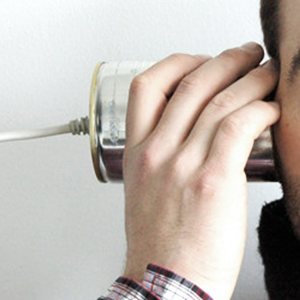
Listening to Your Body
- Our bodies are amazing, and if we listen close enough, they will tell us when something seems different
- Find a quiet space and slow down, take deep breaths, and pay attention to what your body is telling you:
- Is my body tired?
- Does my body hurt?
- Is my body holding any tension or stress?
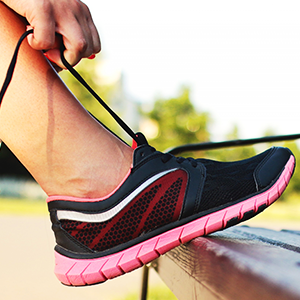
Physical Activity
- Physical activity means movement of the body that uses energy
- Regular physical activity helps improve your overall health and fitness
- Walking, gardening, dancing, wheeling, swimming or playing sports are all examples of physical activity
- It is important for you to move your body for exercise in the way that is best for you and your abilities
- To learn more about physical activity specifically for people with disabilities, we suggest you continue to the Living Well in the Community program at your local Center for Independent Living
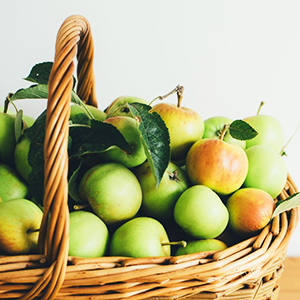
Food Choices
- When you are building a healthy eating style all food and beverage choices matter
- Focus on making healthy food and beverage choices from all five food groups including fruits, vegetables, grains, protein foods, and dairy to get the nutrients you need
- Eat the right amount of calories for you based on your age, sex, height, weight, and physical activity level
- Building a healthier eating style can help you avoid obesity and reduce your risk of diseases such as heart disease, diabetes, and cancer
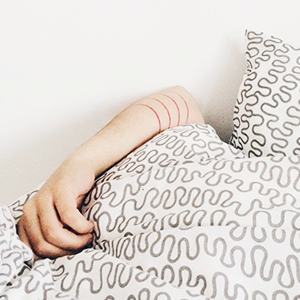
Sleep
- Sleep is an important part of good health. Sleep helps your mind and body function properly
- Feeling crabby lately?
- Or simply worn out?
- Perhaps the solution is better sleep
- Although you might not be able to control all of the factors that interfere with your sleep, you can adopt habits that encourage better sleep
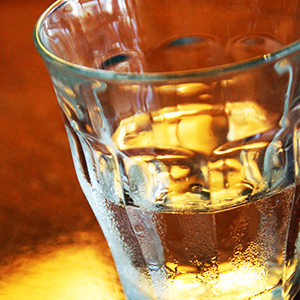
Water
- There are no firm guidelines about how much water you should drink each day
- It depends on your individual needs, medications, your activity level and where you live
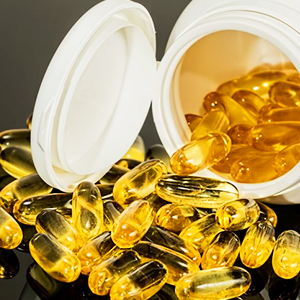
Medications
- Taking medication is an important part of self-care. Medicine usually is not a cure, but ongoing care for your body just like eating food or drinking water
- With that in mind, it is important to remember to take medications

Stress Reduction
- Stress is mental or emotional tension you may experience in challenging situations
- Stress is our body’s normal response to the demands of life
- Most people experience stress at some point in their lives
- Examples of stress include: balancing your personal care and relationships, stress related to finances, searching for housing, or preparing for a move
- Often large life events, even if they are good, can cause stress
- Reducing your stress and finding ways to help you become less tense can be very beneficial to your overall health
Resources
Self-Care:
Importance of Practicing Self-Care as a Disabled Person Article
Physical Activity:
Center for Disease Control & Prevention Physical Activity
National Center on Health, Physical Activity and Disability
Eating Healthy:
Sleep:
Healthy Tips for a Better Night’s Sleep
Sleep as Android: Alarm Clock and Sleep Cycle Tracker App
Stress:
Water:
Staying Hydrated with a Spinal Cord Injury Pinterest
Medication:
Video: Adaptive Solutions – Medication Management
Medisafe Pill Reminder & Medication Tracker App
References
My plate. (2017). Retrieved January 15, 2017, from https://www.choosemyplate.gov/MyPlate
Side effects of sugar. (2017). Retrieved February 21, 2017, from http://www.med-health.net/Effects-Of-Sugar.html
Staff, M. C. (2014). Sleep tips: 6 steps to better sleep. Retrieved December 15, 2016, from http://www.mayoclinic.org/healthy-lifestyle/adult-health/in-depth/sleep/art-20048379
Staff, M. C. (2014). Stress relief. Retrieved December 13, 2016, from http://www.mayoclinic.org/healthy-lifestyle/stress-management/basics/stress-relief/hlv-20049495
Staff, M. C. (2014). Water: How much should you drink every day?. Retrieved December 10, 2016, from http://www.mayoclinic.org/healthy-lifestyle/nutrition-and-healthy-eating/in-depth/water/art-20044256
Tartakovsky, M., M.S. (2012). 8 simple ideas for remembering to take your medication. Retrieved January 5, 2017, from http://psychcentral.com/blog/archives/2012/10/04/8-simple-ideas-for-remembering-to-take-your-medication/
Video Credits
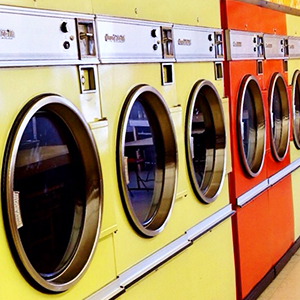
Being Healthy in Your Home
- Another part of self-care includes tasks that support a healthy lifestyle and a healthy home
- Creating a healthy home includes cleaning, doing the dishes and doing laundry
- Having a healthy home also helps you to keep up on other healthy choices
- For example, it is easier to make healthier food choices when you have clean dishes to enjoy your meals
- Part of being healthy in your home includes healthy relationships as well as budgeting and finance
- Please visit Healthy Relationships or Budgeting & Finance for further information
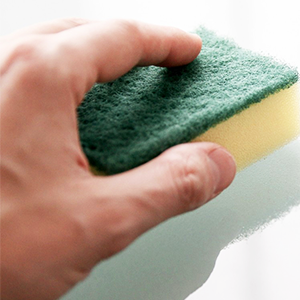
Cleaning
- Having a clean environment to live in is an important part of your health
- Having a clean home prevents sickness, injury, and long-term health problems
- When your home is orderly it makes it easier to have friends and family over
- A clean home can also create a sense of pride
- If you clean a little each day and make it part of your routine, then you will not have to spend an extended amount of time tidying up
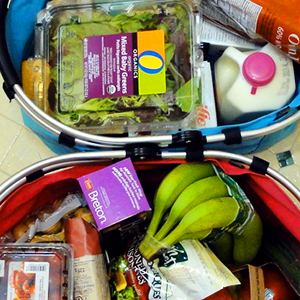
Shopping
- Shopping can be an intimidating experience
- If you find a routine that works for you, it can be fun!
- Shopping regularly is important and keeps your home stocked with fresh foods
- You will never be without food in an emergency if you take advantage of the days you can go shopping
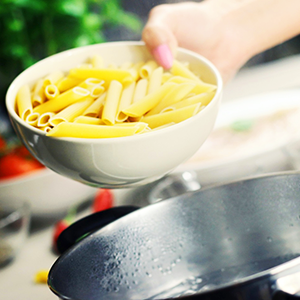
Preparing Meals
- Preparing meals is an important skill in living a healthy lifestyle
- When you prepare a meal, you know all or most of the ingredients that are in that meal
- This helps you to make healthier choices about the food that goes into your body
Resources
Cleaning:
Article: How to Remove Tough Stains from Clothing
Article: How to Clean Your Bathroom
Article: How to Clean Your Floor
Article: How to Clean Your Counter
Video: Accessible Vaccuum Solution
Cooking:
Article: How to Use a Microwave
Article: Cooking Tips for People Who are Visually Impaired
Grocery List PDF Grocery List JPG Grocery List RTF
Article: My Three-Step Plan for Happy, Accessible Cooking – New Mobility
Shopping:
References
Babauta, L. (2007). 50 tips for grocery shopping. Retrieved December 14, 2016, from https://zenhabits.net/50-tips-for-grocery-shopping/
How to use a crock pot. (2015). Retrieved December 29, 2016, from http://www.wikihow.com/Use-a-Crock-Pot
How to use a microwave. (2016). Retrieved December 29, 2016, from http://www.wikihow.com/Use-a-Microwave
Murphy, E. (2014). How to use your stove safely. Retrieved December 16, 2016, from http://www.streetdirectory.com/food_editorials/cooking/cooking_appliances/how_to_use_your_stove_safely.html
The importance of vacuuming your carpets regularly. (2015). Retrieved January 15, 2017, from http://carpetcleanermachinesreviews.com/the-importance-of-vacuuming-your-carpets-regularly.html
